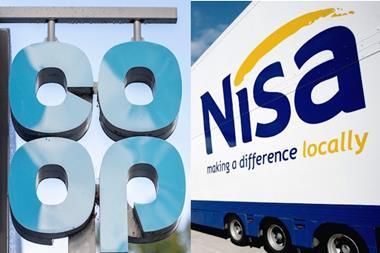
Retailers may be forced to cut hours and jobs due to the dual increases of National Insurance Contributions and the minimum wage.
A survey conducted by the Federation of Independent Retailers (the Fed) found that more than half (52%) of respondents said they would be cutting back their workforce, while two-thirds (67%) are going to cut back on staff hours.
This is expected to have a knock-on effect on the store owners themselves, with eight in ten (80%) of members said they will be forced to work more hours themselves.
The findings come ahead of a 6.7% increase to the national minimum wage, taking it to £12.21 per hour. From April 6, employers’ National Insurance Contributions will increase from 13.8% per cent to 15%, while the threshold - the point at which employers begin to pay NI on an individual’s salary - will be reduced from £9,100 to £5,000.
-
Changes to legislation in 2025
-
National Minimum Wage changes
-
Retail sector criticises Spring Statement
The Fed’s research also found that while four in 10 (41%) of respondents said they would raise prices to combat the increasing costs, 42% said they could not do so, with the main reason being that the majority of the products that members sell are price marked.
It also found that respondents said any plans to invest in or expand businesses had been put on the back burner. Only 21% of those surveyed said they would be investing in or refitting their businesses. Just 4% said they had plans to introduce technology, such as self-service tills.
The Fed’s National President Mo Razzaq said he was not surprised at the survey’s findings. “Small independent retailers are the backbone of their communities. providing employment and creating jobs,” he said. “As responsible employers we want to ensure we are paying a fair wage to our staff. But a bigger than expected rise to the national living wage to £12.21 an hour from April 2025 is a step too far for hard-pressed small businesses.
“As well as paying our staff more in wages, we must pay more in national insurance and pension costs, at a time when many of our other costs, including energy costs, are rising.
“There is no easy way for small retailers to combat these increases. As our survey shows, the only solution available to independent shop owners is to reduce staff hours and staff numbers and, somehow, take on even more hours ourselves.”











![WG-4003[58]](https://d2dyh47stel7w4.cloudfront.net/Pictures/274x183/4/5/1/353451_wg400358_6083.jpg)
















No comments yet